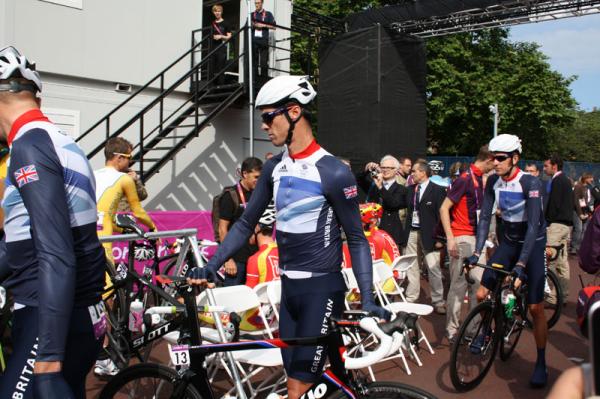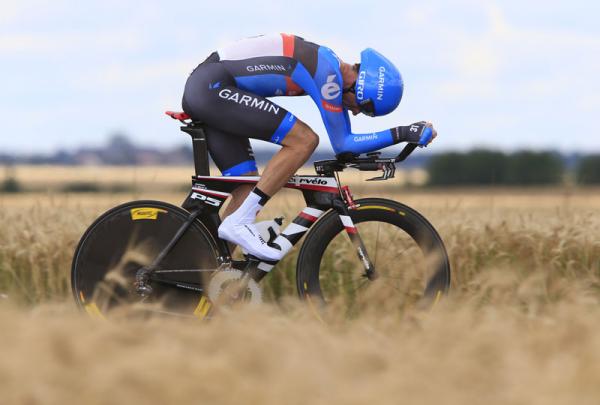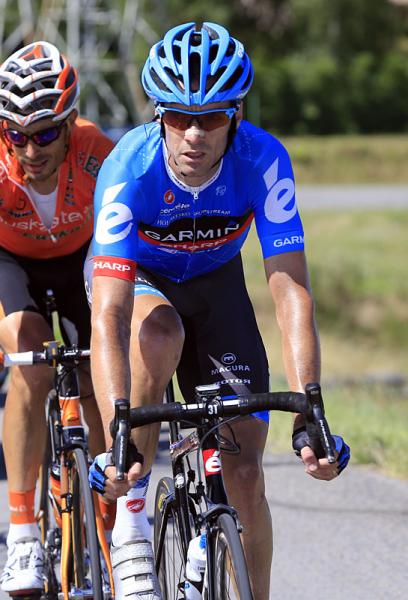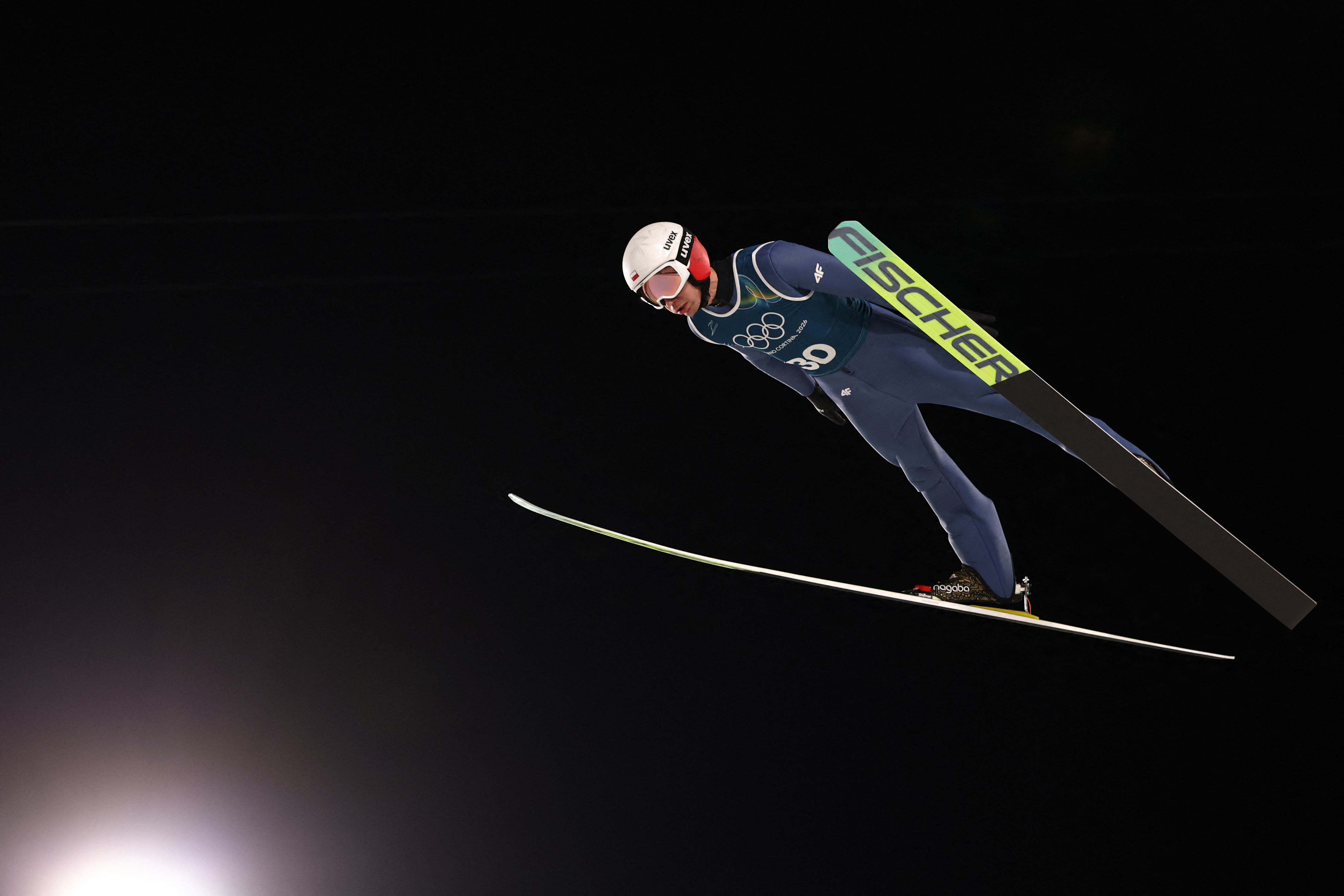Millar left with no complaints despite Cavendish missing Olympic gold
Other nations work to derail Britain's plan
The latest race content, interviews, features, reviews and expert buying guides, direct to your inbox!
You are now subscribed
Your newsletter sign-up was successful



As Alexandre Vinokourov (Kazakhstan) drew to a halt on the Mall following the elite men's road race, the realisation of winning an Olympic gold medal sinking in, the British road contingent began to trickle in.
The home nation came into the race as the favourites, determined to help land Mark Cavendish an Olympic gold to match his rainbow stripes. However Great Britain's "dream team" ended the race empty handed, despite controlling the peloton for the majority of the race. Its grasp of affairs was broken only when it truly mattered, in the closing stages of the 250-kilometre race, as Cavendish was left without a medal for the second Olympic Games in a row.
With 50 kilometres to race and just one ascent of Box Hill remaining, the British seemed in control. A break had gone clear but after over five hours of racing, the gap was less than one minute as legs began to tire. However new impetus was added when a second contingent of riders attacked on the climb to create a 33-man group.
"We were always working at Mark's pace, so we couldn't react to those things and that was never our plan," said Cavendish's teammate David Millar.
The British team had been clear over its race strategy, telegraphing its tactics in a press conference last week. It was all for Cavendish, with David Brailsford saying, the sprinter was "plan A and all the rest of the letters of the alphabet," too.
The team's tactics were no secret but the same was also true of its opposition, who were always going to aim at tiring out the five-man team.
"But I think teams a lot of teams were just launching their strongest riders up the road to just tire us out and it worked, but it backfired for a lot of teams as well because there were a lot of strong sprinters with us who had sent their other riders up the road. We lost out, but a lot of other teams lost our trying to race against us," Millar said at the finish.
The latest race content, interviews, features, reviews and expert buying guides, direct to your inbox!
After the final climb of Box Hill the British looked as though the race was still in their grasp with the gap under a minute. However the power of the group ahead, with the Switzerland, Belgium and Spain teams having strength in numbers, proved too much and despite light relief from Germany, the wheels began to fall off.
"It was [controlled] but we'd been racing for six hours and when you'd done that on the front, I just don't think we have that extra little bit. All we needed were three fresh riders to come up but I think everyone was exhausted and most of the guys had other teammates up the road."
"To be honest we were going so hard there weren't many riders who could have ridden with us. A lot of guys couldn't help. We rode the race we said we were going to race and to be fair there was a slim chance of us pulling it off and we needed a lot of things for it to happen but when every other team was racing with the sole tactic to thrash our race up it was very hard to do it. We can't complain. Everyone knew what we were going to do, so it was their job to try and derail us, which they did."
Daniel Benson was the Editor in Chief at Cyclingnews.com between 2008 and 2022. Based in the UK, he joined the Cyclingnews team in 2008 as the site's first UK-based Managing Editor. In that time, he reported on over a dozen editions of the Tour de France, several World Championships, the Tour Down Under, Spring Classics, and the London 2012 Olympic Games. With the help of the excellent editorial team, he ran the coverage on Cyclingnews and has interviewed leading figures in the sport including UCI Presidents and Tour de France winners.

